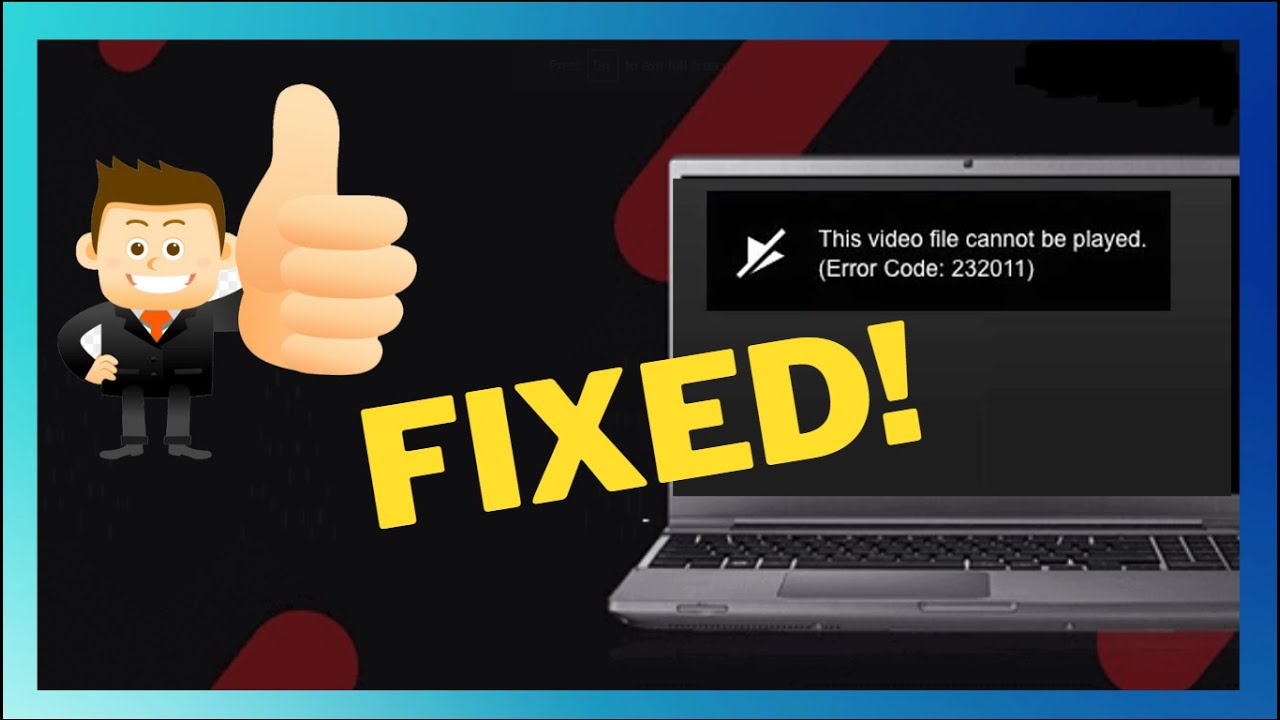As a business owner, you are responsible for ensuring your company is compliant with numerous regulations in the business world. One set of regulations businesses in today’s climate have to comply with are data compliance regulations. What is data compliance?
Data compliance is the process of ensuring your business is in accordance with any regulations governing the handling and storage of data. Most businesses must adhere to some level of data compliance, as mishandling or leaking customer information can lead to serious financial and legal penalties. Depending on the type of business you have, this may include complying with the General Data Protection Regulation (GDPR), the California Consumer Privacy Act (CCPA), or other state or federal regulations.
Failure to comply with data regulations can result in hefty fines, and in some cases, jail time. Therefore, it’s critical to take compliance seriously and take steps to ensure your business is compliant. Keep reading to learn more about data compliance regulations and how to ensure your business is compliant.
Assess what requirements apply to your business.
The first step in ensuring your business is compliant with data regulations is understanding what requirements apply to your specific industry. For example, the Health Insurance Portability and Accountability Act (HIPAA) applies to businesses that deal with protected health information (PHI), while the General Data Protection Regulation (GDPR) applies to companies that collect or process personal data of individuals within the European Union.
Once you’ve determined which regulations apply to your business, you need to develop a plan for implementing and enforcing those requirements, which we’ll cover more below. This may include creating policies and procedures, appointing a data protection officer (DPO), and conducting risk assessments. You also need to make sure your employees are aware of the regulations and understand their responsibilities when it comes to safeguarding customer or employee data.
Educate your employee on data compliance regulations.

When it comes to data regulations, businesses need to take a few steps to ensure they are compliant. One important step is educating employees on the regulations. This includes not only what the regulations are, but also how employees should handle and protect customer data. Employees need to be aware of the consequences of not following the regulations, as well as what to do if they suspect a data breach has occurred.
Employees need to be properly trained on how to handle confidential data in order to prevent it from being leaked or stolen. Employees should be aware of the risks associated with sharing personal information online or via email, and they should be taught how to spot phishing scams and other types of cyberattacks.
Protect your company’s assets and customer data.

Compliance with data regulations is critical for businesses of all sizes, as non-compliance can lead to hefty fines and other penalties. There are a number of ways to ensure your business is compliant, including implementing data loss prevention (DLP) solutions and establishing policies and procedures for safeguarding customer data.
Data loss prevention solutions help businesses protect their assets and customers by monitoring for sensitive information that may be compromised or stolen. DLP solutions can scan emails, attachments, and files for specific keywords or patterns that indicate confidential data is being shared inappropriately. They can also monitor network traffic to detect unauthorized access to sensitive files.
Businesses should also have policies in place governing the collection, storage, use, and disclosure of customer data. These policies should outline which employees are authorized to access customer data, how long the data will be retained, and what measures will be taken to protect it from unauthorized access or theft.
Continuously monitor your company’s compliance.

Finally, you need to regularly monitor your compliance status and take steps to address any deficiencies. This includes regular reviews of your security measures, training for employees, and auditing of processes and systems.
Regular audits are essential for maintaining compliance. By assessing how well your business adheres to regulatory standards, you can identify areas where improvements need to be made. And if your company experiences a breach or leak, an audit will provide critical evidence that you took all necessary precautions to protect customer information.
Keep your business compliant with data regulations.
Compliance with data regulations is important overall because it helps to ensure the safety and security of company data. By following the proper procedures and protocols, businesses can minimize the risk of data breaches, theft, or other incidents that could jeopardize the privacy of customers or employees.









Leave a Reply